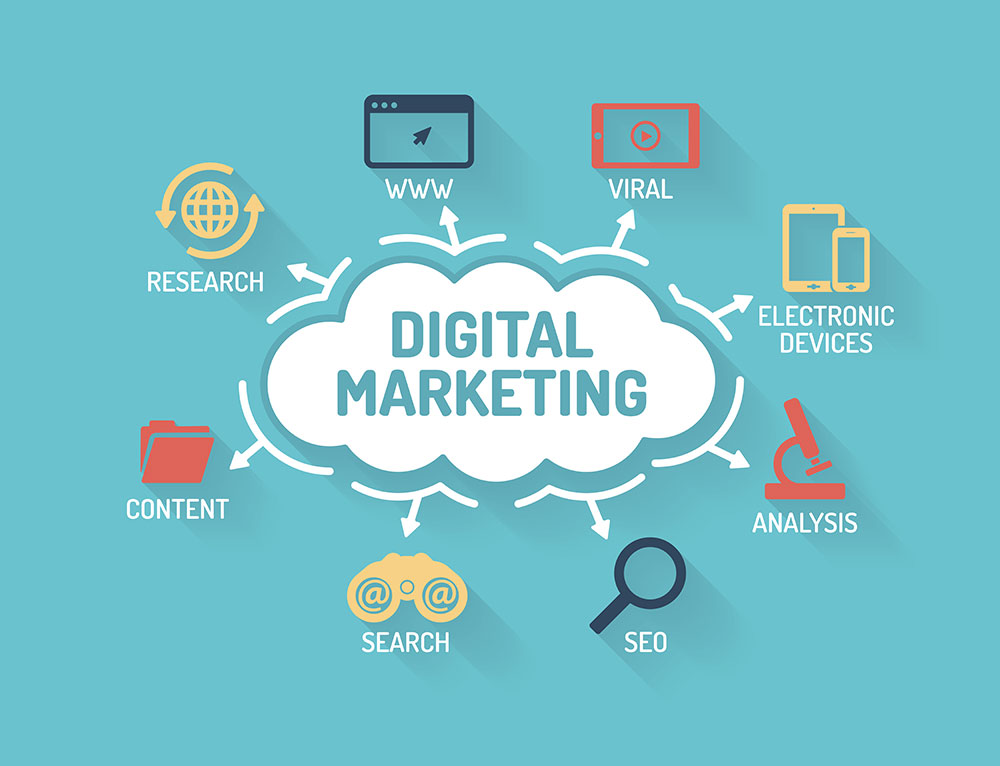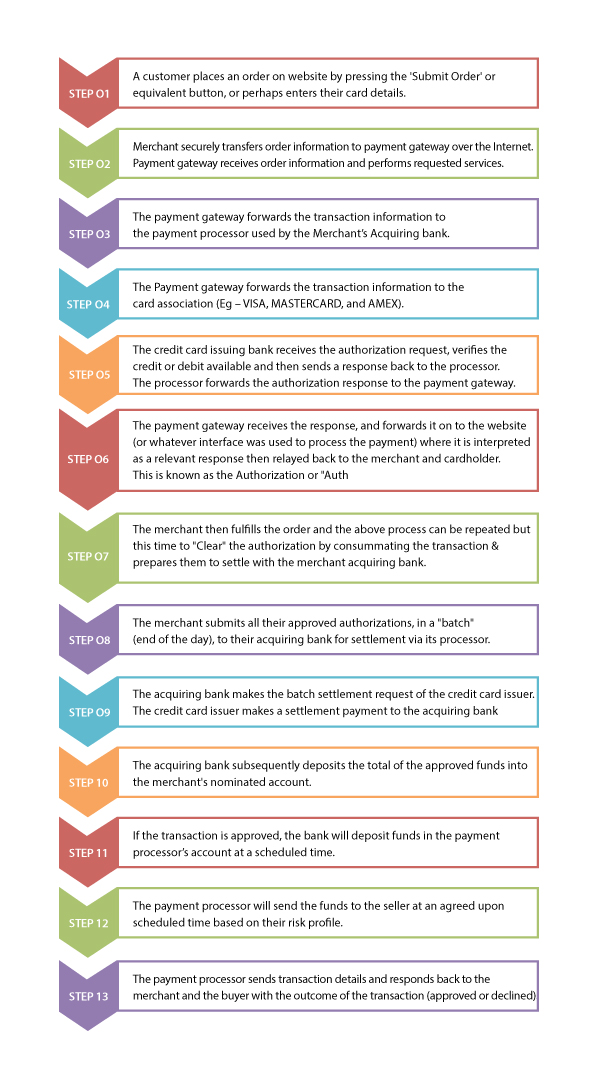Five Things Every eCommerce Entrepreneur Should Be Ready For in 2018

The world of business is a constantly evolving one, more so when it comes to the eCommerce businesses that have gained immense popularity over the last few years. The increasing number of online consumers and the advancements in technology has worked together in making eCommerce businesses one of the most thriving ones today. Consequently, eCommerce entrepreneurs also realize the fact that the competition is more fierce than it was ever before, which is why, they need to keep evolving and focus on long-term objectives.
Every entrepreneur starts a new year with renewed zeal to achieve maximum success for their business. For doing that in 2018, here are the top 5 things you should be ready for now if you are selling online.
eCommerce Automation –
To let your business enjoy a competitive advantage, you must welcome the eCommerce automation that is expected to make operations easier. Automation will also save time and streamline the tasks. For instance, you can automate your eCommerce platform to detect the medium risk orders and forward them automatically to the finance department for review. For high risk orders, the same can be automated to be cancelled. This is just one aspect where eCommerce automation prevents chances of fraud. There can be several other ways to improve the overall shopping experience of your customers by leveraging automated techniques.
Mobile Payments and Wallet Apps –
Payment gateway is an integral part of eCommerce business and the smoother the checkout process, the better is the experience. In 2018, you should be prepared to embrace mobile payments and wallet apps, which does not require your customers to provide all of their personal information at checkout. This concept can work wonders in preventing customers from dropping off at the last moment, due to lengthy checkout processes.
Social Media –
Social media has been there since a long time now but as an entrepreneur, if you have not yet utilized it properly for your business, 2018 is the time to make the most of it. Social media channels are predicted to be huge drivers of eCommerce so much so that Facebook, Instagram etc. might let customers shop directly from these platforms.
More Subscription Box Models –
Although subscriptions have always been a part of an eCommerce business and eCommerce shopping experience, you should be ready for an increased emphasis on the subscription box models. A subscription mentality with at least a part of your product inventory will be crucial for surviving in the eCommerce industry. More the subscription box models you adapt, the higher will be your chance of a competitive advantage with regards to subscription offerings.
Professional Content Development –
Most entrepreneurs have already realized the importance of content that is developed with the interests of the target customers in mind. Content marketing is going to have a lot of impact in the ecommerce business scenarios. So, in 2018, you should focus more on personalized, engaging and premium content being developed by experts in the field. Whether it is a video about your product and service or targeted ads on the social media apps or perhaps, blogs and articles on emerging trends and so on, content will continue to create an indelible mark.
While these are some of the most important trends and strategies that entrepreneurs should be ready for in the coming year, there will definitely be many more to join them. The best way is to understand your business and its unique requirements to be able to make the most of the advancements in technology and the way internet works. Also, it is advisable to seek the guidance of expert professionals to enable your eCommerce business to move in the right direction.




